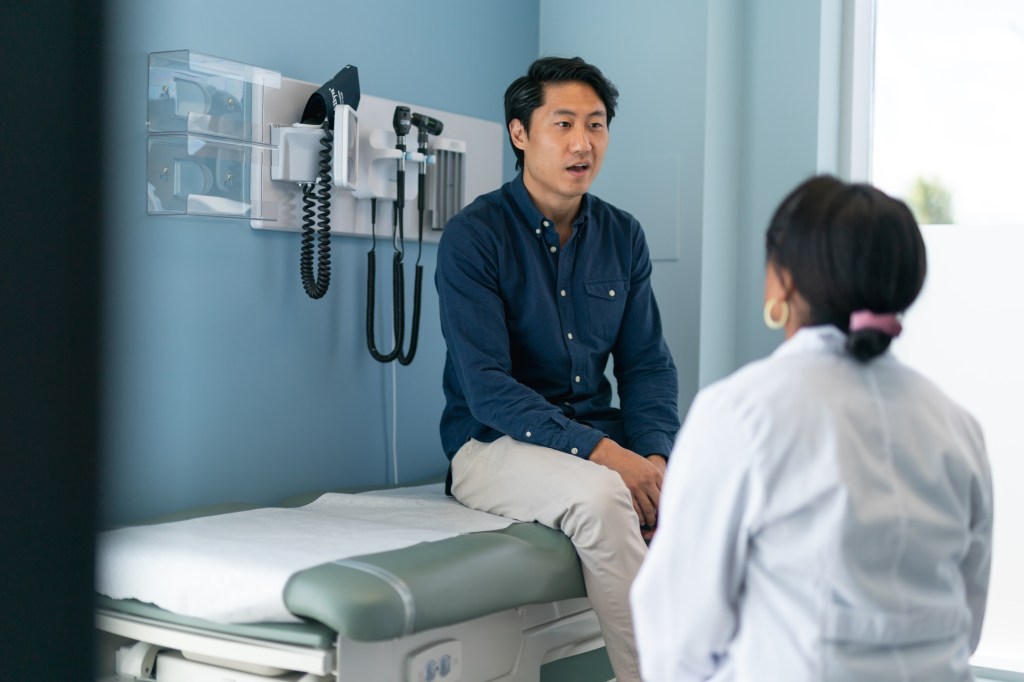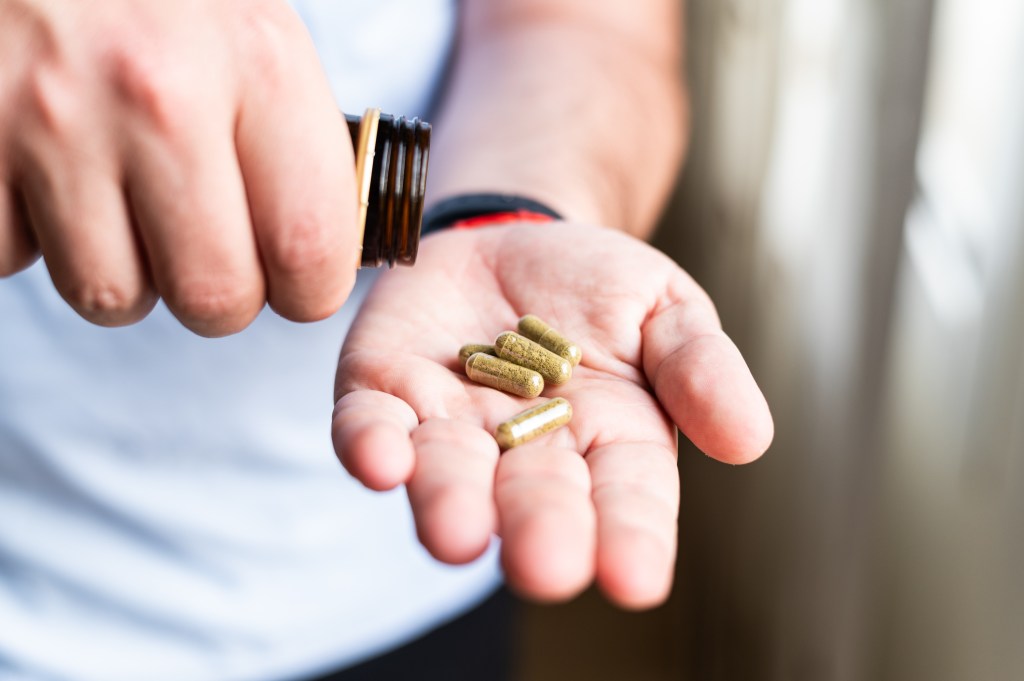For years, middle -aged men have supplied their medication cabinets with a particular berry -based drug protected in response to nature to bath problems.
Now, Harvard doctors are saying that this popular pill is actually a little loved.

Saw Palmetto – a herbal extract that is often marketed as a natural adjustment for benign prostate hyperplasia (BPH), otherwise known as an enlarged prostate – is believed to imitate the effects of medicines as finasterides, which are used to fight as BPH and hair loss.
But experts say that the scientific evidence of Saw Palmetto efficiency is based on small, flawed studies – many of which are funded by companies that make dietary supplements.
A major clinical test that includes about 370 men found that even the triple -for -force Saw palmetto doses did not perform better than a placebo. Other men in court reported minor improvements, but so did the group of sugar pills, suggesting that it is the ritual – not the medicine – it is doing the job.
A recent meta-analysis that includes 4,656 participants similarly showed “little or without benefits to men with lower urinary tract symptoms” due to BPH.
“If the ingredients in these herbal products were to work well for urinary symptoms, the drug companies would have approved them from the FDA as the medicine that insurance companies would have to cover,” Dr. Heidi Rayala, a Urology Assistant Professor at Harvard Medical School, for Harvard Health.
“Palmetto is unlikely to hurt you, but it will probably not provide any great benefit. Okay okay get them, but simply be careful to spend a lot of your money on these alternatives.”

Her colleague, Dr. Marc Garnick, agrees.
“It is easy to understand why so many find an addition that happens naturally to treat urinary difficulties in the attractive middle age,” he said.
“However, the proof of effectiveness with palmetto Saw is missing, and its use for BPH and other common urinary symptoms without a complete assessment of the possible cause should be discouraged.”
In 2015, investigations found that most plant supplements purchased in the store had no trace of advertised herbs, and many were filled with free fillers such as wheat, rice, beans or house plants.
“This investigation does one thing in abundance: the old” Careful Buyer “address can be especially true for consumers of plant supplements,” New York Prosecutor General Eric Schneiderman said at the time.
About 14 million men in SH.BA are living with an extended prostate.
One -third of people who buy supplements get palmetto, according to Harvard Health.
#doctor #warns #popular #natural #addition #among #middle #aged #men
Image Source : nypost.com